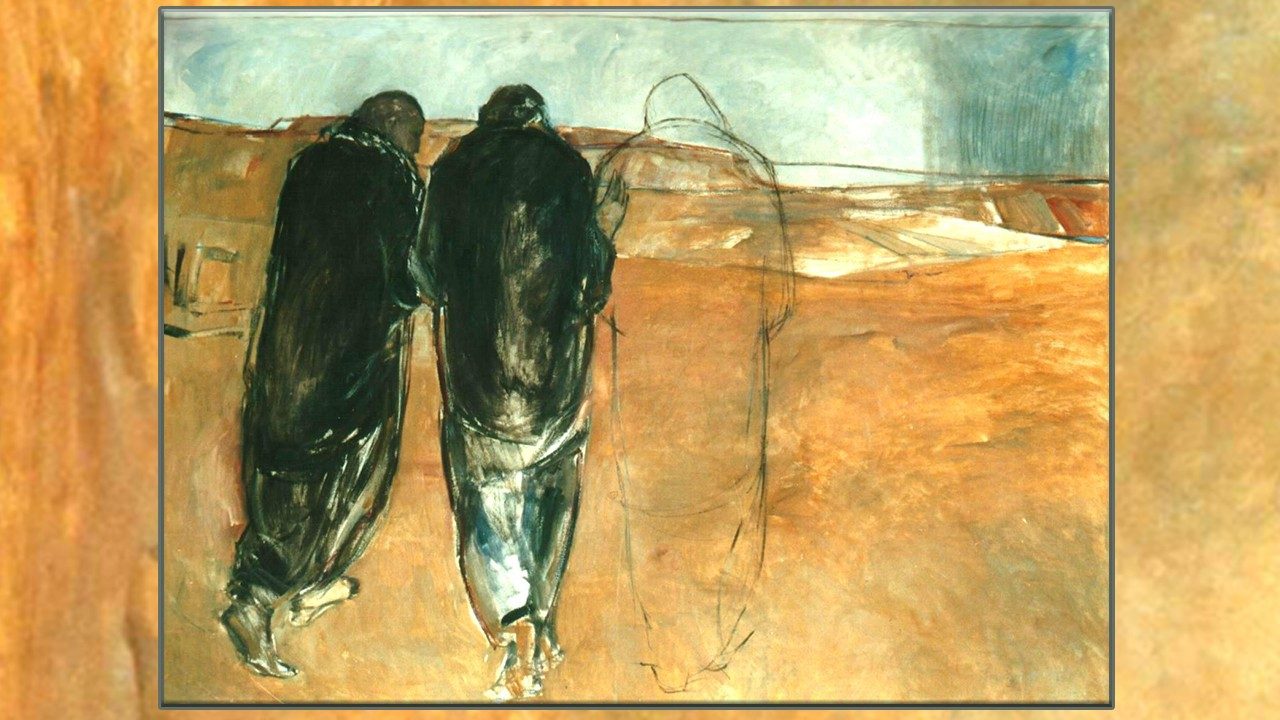
The Centre for Child Protection (CCP) becomes The Institute of Anthropology. Interdisciplinary Studies on Human Dignity and Care (IADC)
On 1 September 2021, the Pontifical Gregorian University’s Centre for Child Protection (CCP) will become the Institute of Anthropology. Interdisciplinary Studies on Human Dignity and Care (IADC). The Congregation for Catholic Education has approved this transformation which will allow the Centre to expand its scope, to award academic degrees, and to develop its own academic faculty.
The IADC will continue and expand on the CCP’s current contribution to the academic community, focusing specifically on Interdisciplinary Studies on Human Dignity and Care. As its name suggests, the IADC will provide a proactive, positive approach to such sensitive subjects as sexual abuse prevention, intervention, and safeguarding.
Care for victim-survivors of child abuse has been the focus of the CCP since its establishment in 2012 as part of the Pontifical Gregorian University’s Institute of Psychology. Its initial purpose was to educate and provide resources for research in the area of the prevention of child sexual abuse based on a collective, philosophical, theological, and psychological theoretical proposal for the integration of the anthropological perspectives. This was first implemented from 2012-2014 through a blended learning program that subsequently led to the creation of a broader blended learning program and two onsite programs: the Diploma in Safeguarding and Licentiate in Safeguarding. While still largely centered on child abuse, the CCP’s work progressively began to include discussion on the abuse of vulnerable persons. It has gradually widened its focus to confront and develop this focus within the broader concept of human dignity. Growing demand for CCP programs and requests for its involvement in local and international academic and formative events attest to the fact that the CCP has become a leading authority in its area of expertise. This recognition requires a different institutional and academic approach that exceeds the capacity of a center.
The academic discipline of Anthropology, with its variety of subdisciplines, will allow the IADC to broaden the breadth of its engagement in scientific dialogue and research. It will thus be able to expand the CCP’s endeavors by identifying and studying the anthropological, social, and systemic factors that jeopardize human dignity. It can therefore promote the effective care and protection of every person – primarily children, who are the most vulnerable. Thus, the IADC hopes to respond to the cry for justice and healing, to develop empowerment strategies to help people wounded by abuse to effectively and constructively cope with it, and to promote the creation of healthy and safe environments for integral human growth and well-being.
Contemporary anthropological inquiry requires an interdisciplinary and intercultural approach. A consequence of an interdisciplinary approach is the exponential aggregation of knowledge derived from individual sciences and their consequent specialization which thus fosters a multidimensional scientific exploration of human dignity. In the different disciplines addressed, studied, and taught in the Gregorian’s academic units, there are overlapping points that can only be combined through this interdisciplinary work. Lastly, an intercultural approach will incorporate the contributions of globalization and the constant exchange between cultures — crossing borders and contexts. These are indispensable considerations for any anthropological inquiry today, even more so for the topic of safeguarding human life and dignity.
Featured Photo: On the Way to Emmaus; Janet Brooks-Gerloff, Abtei Kornelimuenster (1992)

